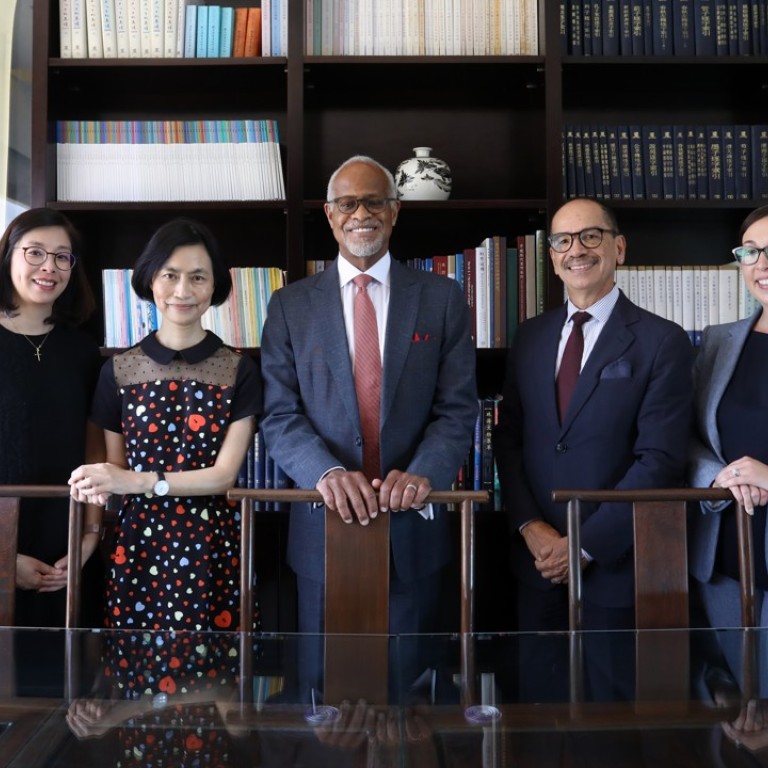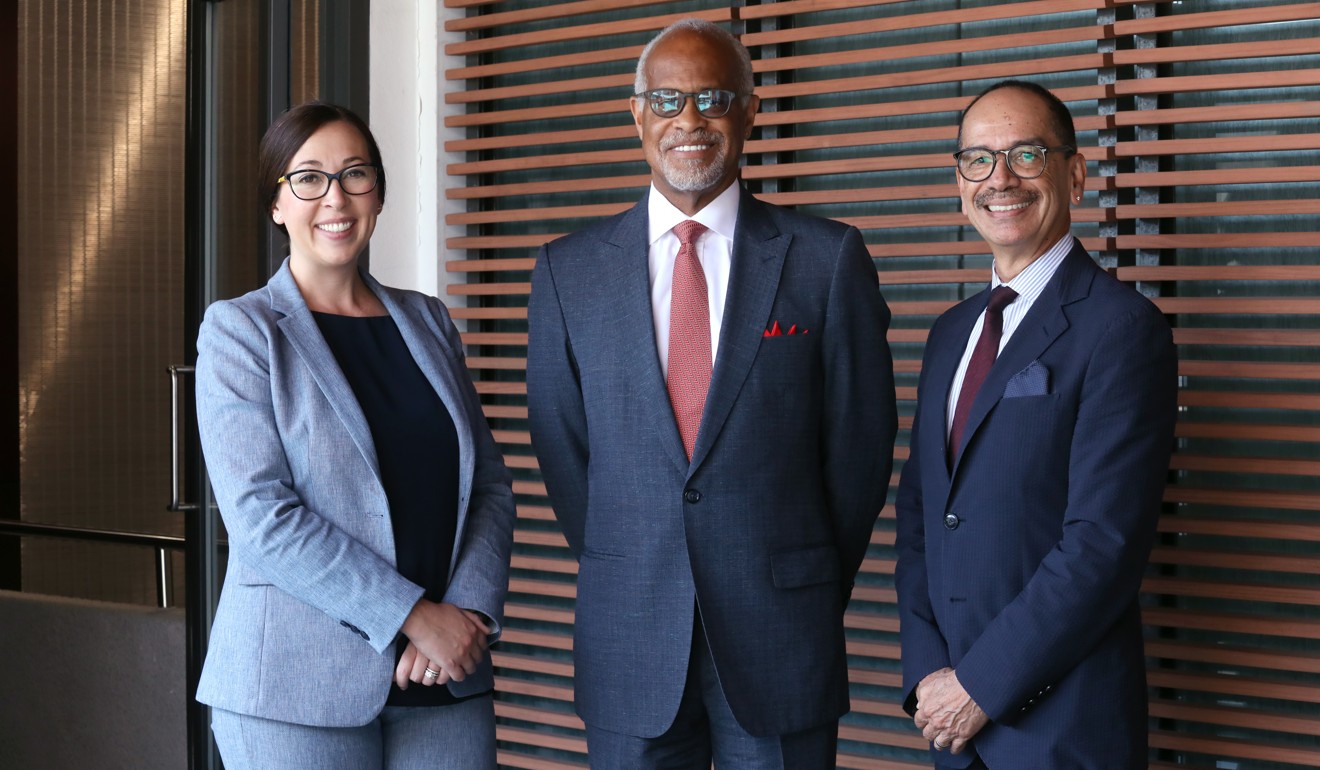
Stanford University pledges ‘equity of access’ amid Chinese student visa fears over Trump plans
Senior vice-provost for education in Hong Kong to sign agreement with Chinese University on study abroad programme
Stanford University will continue ensuring “equity of access” for all students regardless of citizenship, a senior member of management said on Thursday in Hong Kong, in response to reports that US President Donald Trump’s aides almost convinced him to end student visas for Chinese nationals.
Students from China form the largest group among the institution’s international undergraduates. Last year about 10 per cent of its 7,056 undergraduates were non-US citizens.
Professor Harry Elam, Stanford’s senior vice-provost for education, said he would be concerned by any move that could have an impact on foreign students choosing the Californian institution.
“One of our central principles is equity in access and that means we want equal treatment of all students,” he said.
“We work hard to protect all our students regardless of immigration status or any other factor that may impact them coming to Stanford.”

News reports this week said the Trump administration, in a bid to reduce the chances of espionage, considered terminating visas for Chinese nationals to study at US universities. But the idea was shelved over concerns about its economic and diplomatic impact.
Elam was in the city to sign an agreement with the Chinese University of Hong Kong, which will from next year host 25 to 30 Stanford students and one or two faculty members. The study abroad programme’s director, Professor Ramon Saldivar, said the students and staff would stay for one semester.
The Stanford students will be able to choose five courses from 10 to 15 at Chinese University, many of which will focus on developments in China, such as in science, technology, culture and modernity.
They will attend classes together with local students, stay in the university’s residential colleges and take part in cultural activities such as calligraphy and Chinese opera events.
The Stanford professors will teach classes of about 15, which Chinese University students can sign up for.
The traits that make US firms less likely to hire Hong Kong Chinese over white applicants, according to Stanford study
Saldivar said one possible course would look at entrepreneurship and compare the “Greater Bay Area” – an initiative to turn Hong Kong, Macau and nine Guangdong cities into a financial and innovation powerhouse like Silicon Valley – with the actual region in San Francisco.
Stanford previously had a study abroad programme in Beijing but it was suspended two years ago on the back of decreasing enrolment.
Saldivar said he was confident the Hong Kong programme would do well, and it would also give students an opportunity to gain knowledge of the mainland.
“We had many conversations with students and faculties,” he said. “[What made the Hong Kong programme] much more attractive was the ease of accessibility to the surrounding environment, within the city itself and to the Greater Bay Area.”
He added that Hong Kong stood out for its innovations in culture, technology and finance, and Chinese University had high-quality research and teaching.
Elam said he had spoken to Stanford first-year students interested in studying abroad and half of them wanted to come to Hong Kong. Stanford also has programmes with universities in cities such as Oxford, Paris, Berlin, Florence and Kyoto.
The University of Chicago, which recently launched a new campus in Hong Kong, has been running a study abroad programme for civilisation studies students for four years at its interim location at Cyberport. The new campus will host this programme for the first time in March.

